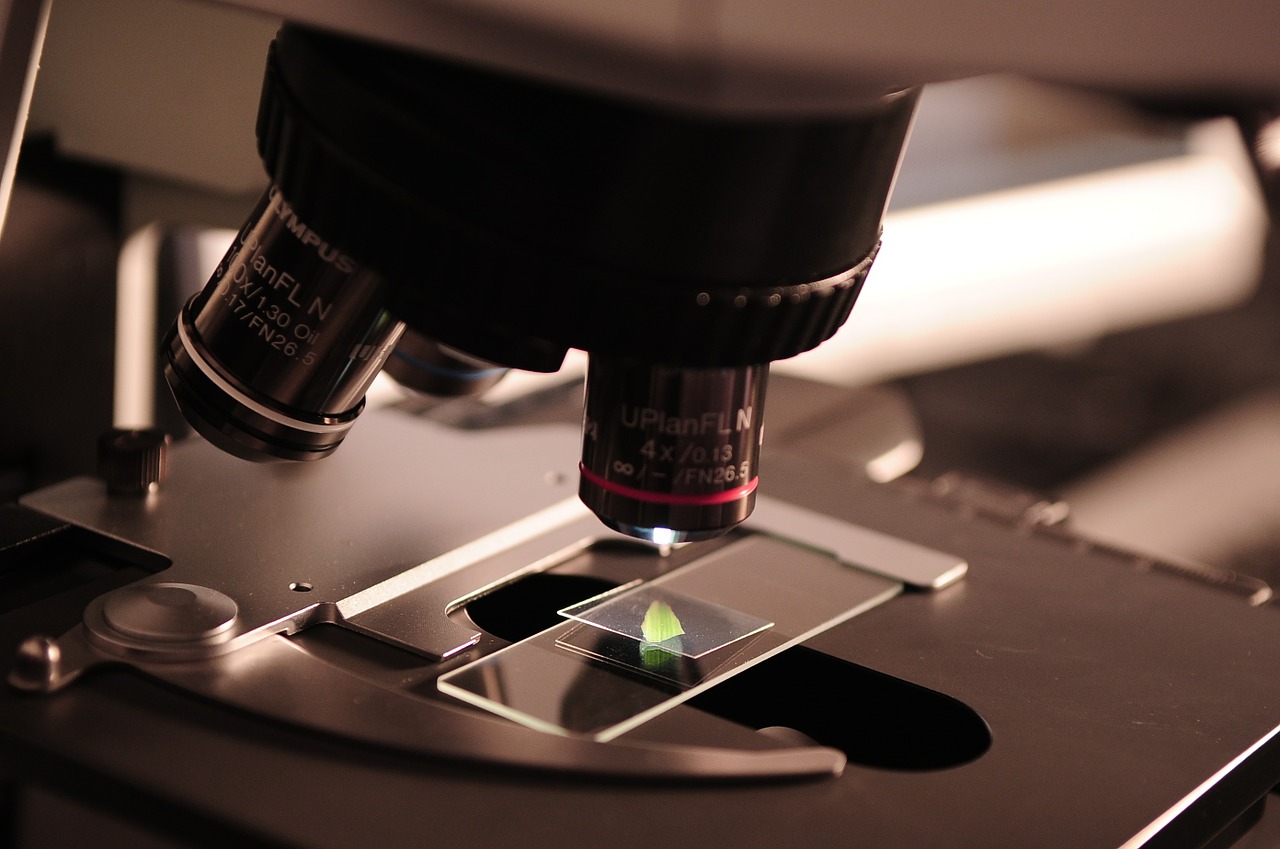
COVID-19 patients at New York hospitals are being given a common heartburn drug, called famotidine, to see its effects on the virus.
A clinical trial of famotidine, a common heartburn drug, has been initiated at 23 hospitals in the New York City area to examine if it helps fight the COVID-19 virus.
According to Dr. Kevin Tracey, president of Feinstein Institutes for Medical Research at Northwell Health, initial results from the trial could come out in a few weeks.
The clinical trial
Dr. Tracey said that so far, there are 187 patients enrolled in the clinical trial of famotidine, the active ingredient in Pepcid, and that Northwell eventually hopes to enroll a total of 1,200 patients in the study.
Tracey pointed out: "There are many examples in the history of medicine where a drug that was designed for one purpose turns out to have an effect in another disease."
He mentioned that if famotidine works on the virus, it would be easy to implement a large scale use. "It's generic, it's plentiful and it's inexpensive," he explained.
However, Dr. Tracey emphasized that the drug may turn out to be ineffective. "We don't know if it has any benefit. We really don't. I swear we don't. People are hoping for anything. But we need to do this clinical trial," he added.
Also, he said that the patients in the study are being administered with mega-doses intravenously, around nine times what someone would normally take for heartburn. He warned: "You should not go to the drugstore and take a bunch of heartburn medicine."
Chinese patients and famotidine
Dr. Tracey and his colleagues came up with the idea to examine famotidine after it was observed that some patients in China taking the drug fared better than those not taking the drug.
According to Dr. Tracey, although the studies on the Chinese patients are yet to be published, Dr. Michael Callahan, an infectious disease specialist at Massachusetts General Hospital who worked with the patients, shared how some lower income patients were surviving longer than their wealthier counterparts who also had heartburn.
Dr. Callahan and the Chinese doctors found that many of them were taking famotidine, while the wealthier patients tended to take a different, more expensive drug.
Tracey said: "The poor peasants really seemed to do well on famotidine. There are a lot of anecdotes passing around that give us some hope."
Aside from the Chinese studies, Tracey mentioned that Alchem Laboratories used a computer model to list existing drugs that have the potential to fight coronavirus, and revealed that famotidine was near the top of the list.
He explained that this was because famotidine is theoretically structured to stop the virus from replicating, in the same way that protease inhibitors are used to treat HIV by stopping the virus.
Dr. Tracey explained that Northwell kept the study quiet because it was concerned that the rush for hydroxychloroquine in the previous months would also happen to intravenous famotidine.
This might cause a shortage in supply and the research team might not have enough for their study subjects. He warned that it may also cause people who don't have heartburn to buy famotidine pills and affect the supply for heartburn patients.






